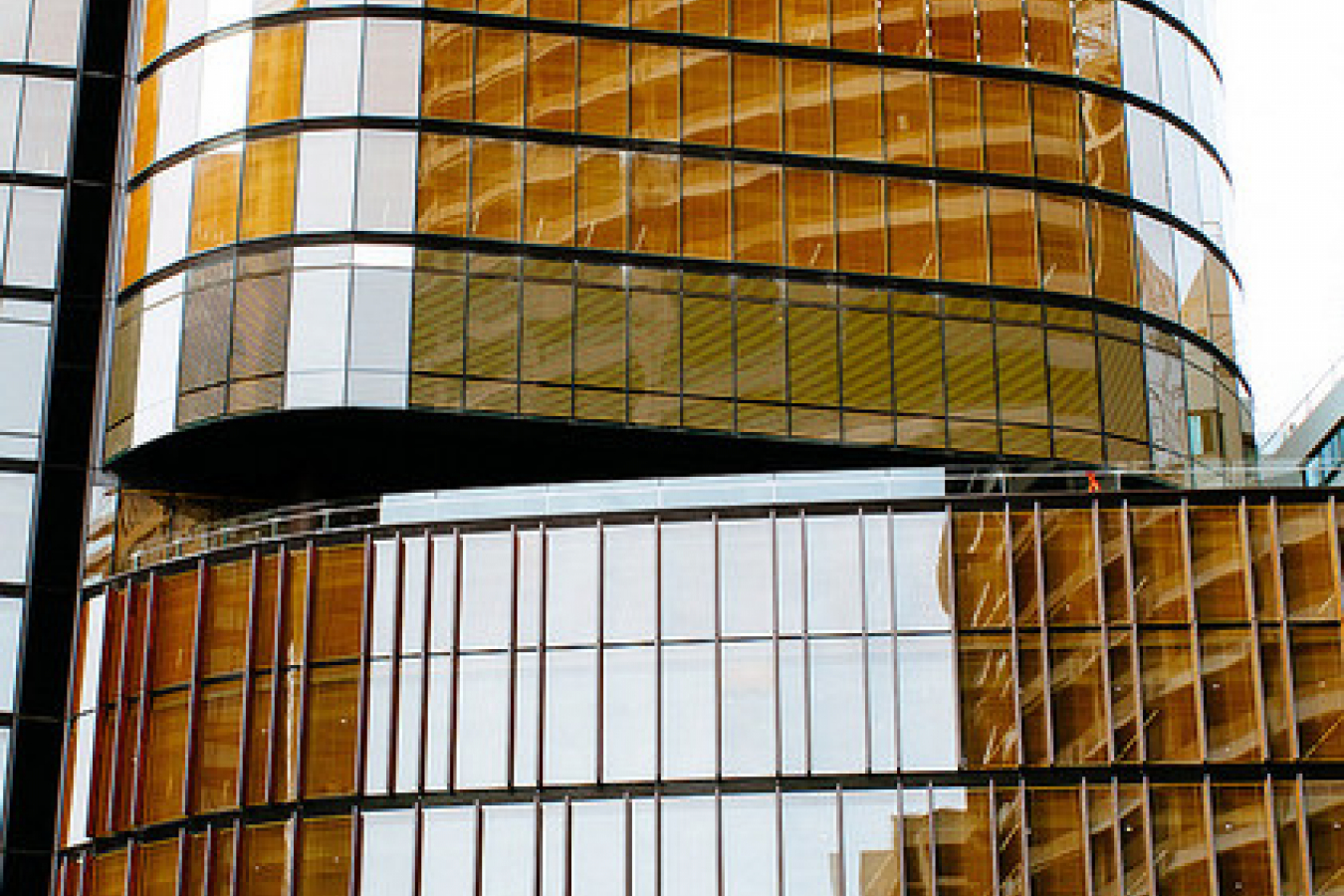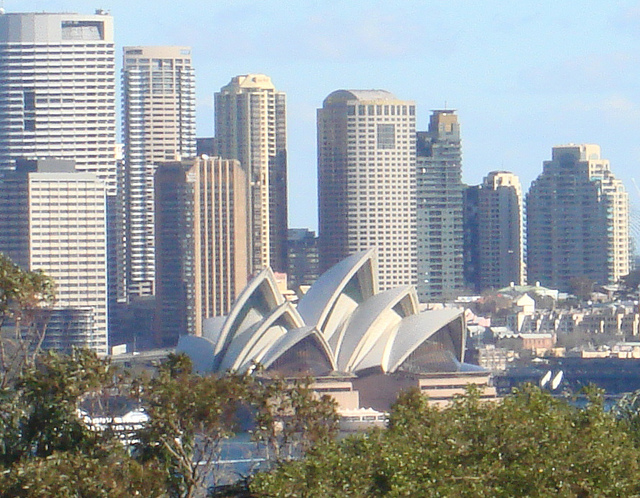Australia raised interest rates 0.25 percent to 3.25 percent and is the first G20 State to increase rates since the Worldwide economic downturn began. Australia's unemployment rate went down from 5.8% to 5.7% in September and GDP rose 0.6 percent in the second quarter.

Economic conditions in Australia were better than expected largely due to growth in China an important trading partner for Australia. Another sign of growth in the economy is the recent increase in house prices in Australia. In the last two years Australia's economy has done much better than the economy in many other Countries. The Australian economy is said to be the only advanced economy that did not go into recession in the last year.
The previous interest rate of 3% had been the lowest rate in Australia in the last 49 years. The Reserve Bank of Australia is worried that the Australian economy may be growing too quickly and has said that interest rates are likely to rise further in the next few months.
"With growth likely to be close to trend over the year ahead, inflation close to target and the risk of serious economic contraction in Australia now having passed, the board's view is that it is now prudent to begin gradually lessening the stimulus provided by monetary policy," said the Reserve Bank.
Economic growth in Australia means increased skills shortages and more opportunities for migrants to Australia. Many professional and tradespeople occupations are in demand in Australia.




